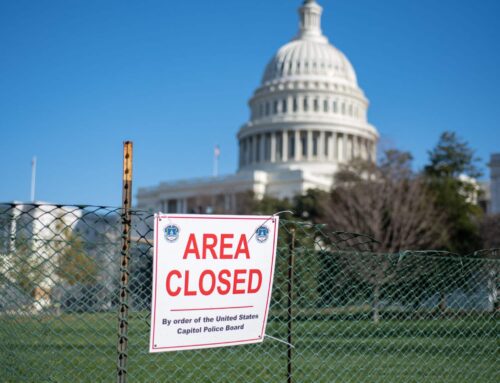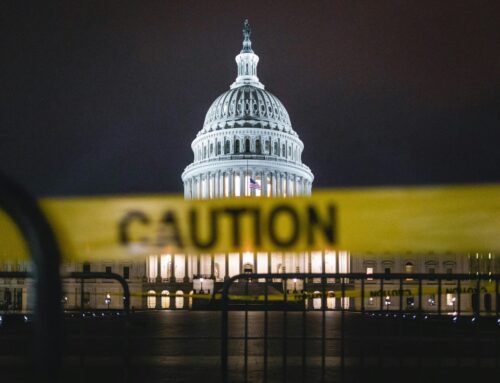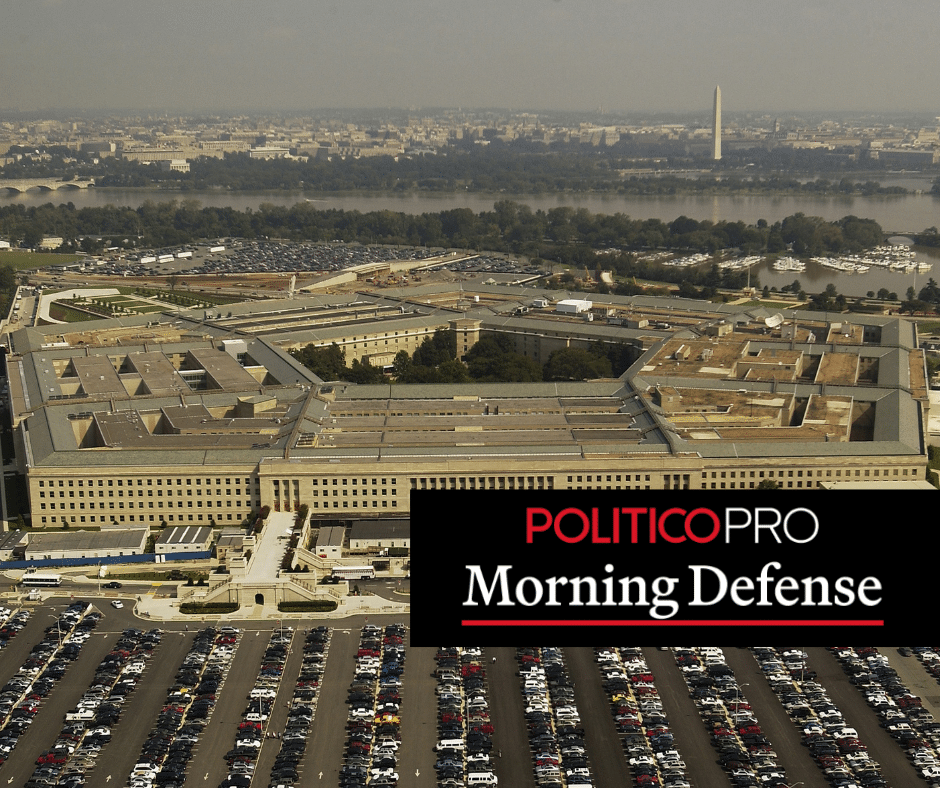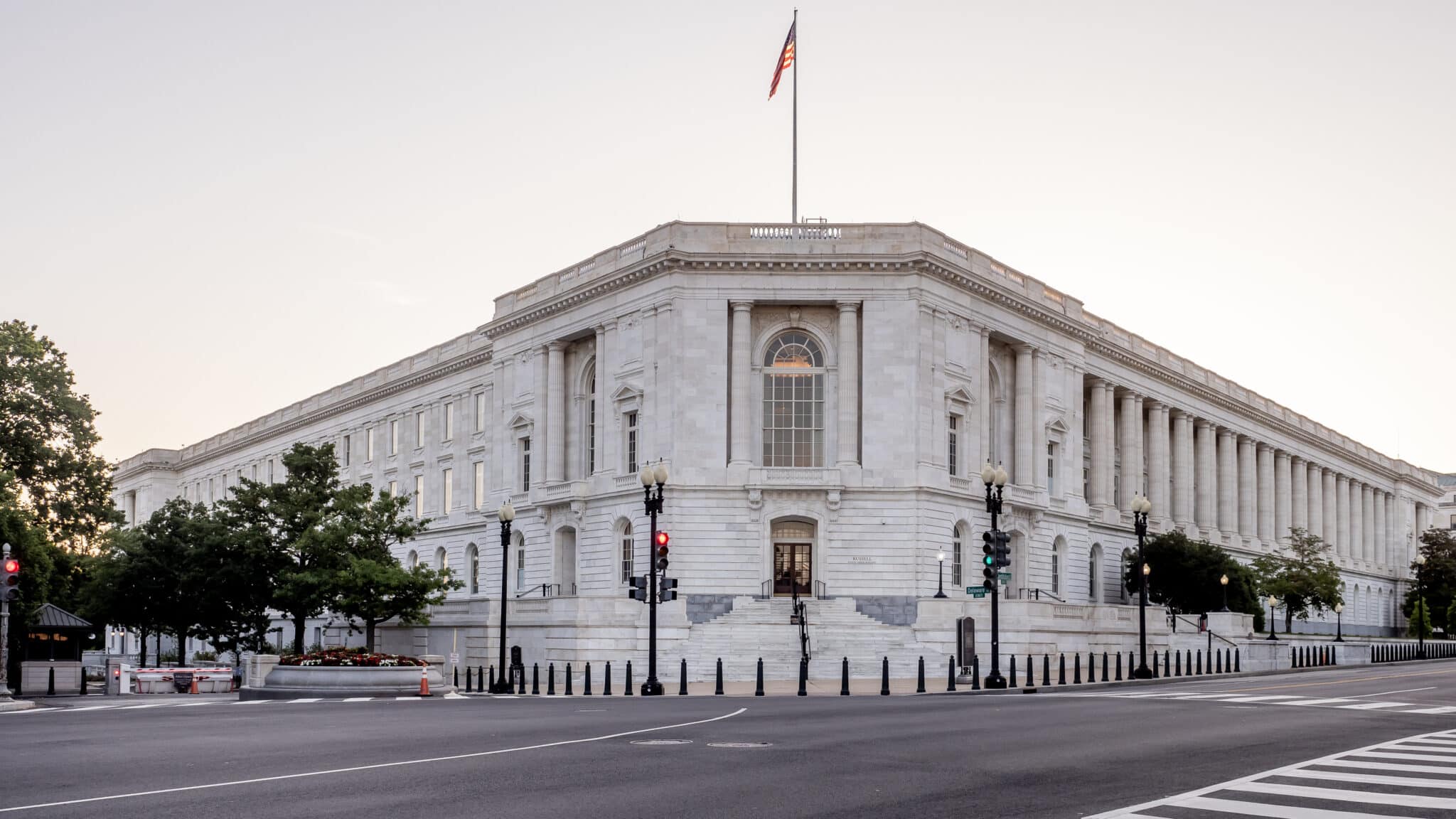The polarized positions that have solidified around deficit reduction on the Hill and in the headlines have spawned a crop of polls asking what Americans will stomach when it comes to budget cuts. Conventional wisdom holds that voters want to cut anywhere except where it hurts, and any cut will hurt somebody somewhere. But poll results show how willing Americans are to make hard choices when asked the right questions.
Take the poll released last month by the Pew Research Center for People and the Press. The poll simply asked if respondents would cut, freeze or reduce spending on 18 federal programs including education, social security and infrastructure. Respondents increased spending on 15 programs, were equally divided on whether to cut, freeze or increase defense and unemployment, and targeted only foreign aid for cuts.
But in another poll conducted last week by NBC News and the Wall Street Journal, voters’ responses changed dramatically depending on phrasing and specificity. When asked whether cutting “national security” was a good idea, only 46 percent said it was “mostly” or “totally” acceptable. But when asked about “eliminating funding for weapons systems the defense department says are not necessary,” more than 75 percent of respondents said such cuts were acceptable. Indeed, respondents were less likely to cut any area of government presented as a “program,” i.e. agriculture, rather than a specific policy, such as reducing subsidies to farmers and ranchers.
Another poll providing even more targeted questioning drives this point home. Conducted by the Program on Public Consultation at the University of Maryland, the poll gave respondents facts about the federal budget and asked them to reduce the deficit themselves. First, they were given a list of 31 programs in the discretionary budget to cut or increase, then shown the Office of Management and Budget’s 2015 spending projections. Not only did the vast majority make overall cuts to the budget, national security programs were at the top of the cut list, contradicting conventional wisdom—and Republican and Democratic budget plans—that paint defense spending as off-limits. These choices held true across voters of both parties and “red” and “blue” districts.
The polls also found support for reforming entitlements. Again, consensus emerged when voters were given informed choices: While more than 75 percent of respondents to the WSJ/NBC poll said cutting Social Security would be unacceptable, a majority would support gradually raising the retirement age to 69 by 2075. Respondents also endorsed many common-sense reforms we have advocated for years. For example, most Pew poll respondents said they didn’t want to cut infrastructure, but the PPC poll found support for cutting federal funding for highways. Respondents to the WSJ/NBC poll would cut subsidies to build new nuclear power plants, repeal tax deductions for the oil and gas industries, and eliminate agricultural subsidies for large farms. A whopping 79 percent of PPC respondents supported “eliminating spending on so-called earmarks for special projects and specific areas of the country.”
The true finding of these polls is that Americans are capable of making hard choices when given the tools to do so. The old saw that voters want to have their cake and eat it too is not necessarily true when they know what the ingredients are. With all the static in Washington over the deficit, it’s up to lawmakers to turn down the partisan noise and empower taxpayers with information—and real choices.
TCS Quote of the Week:
“Everything is on the table in 2012; there are no circumstances beyond touch in 2012. You watched the body I’m a part of. We are very focused on getting a grip on spending — that means a lot of things even I like.”
– House Agriculture Committee Chairman Frank Lucas (R., Okla.), commenting on farm subsidies being on the table for cuts. The Wall Street Journal










